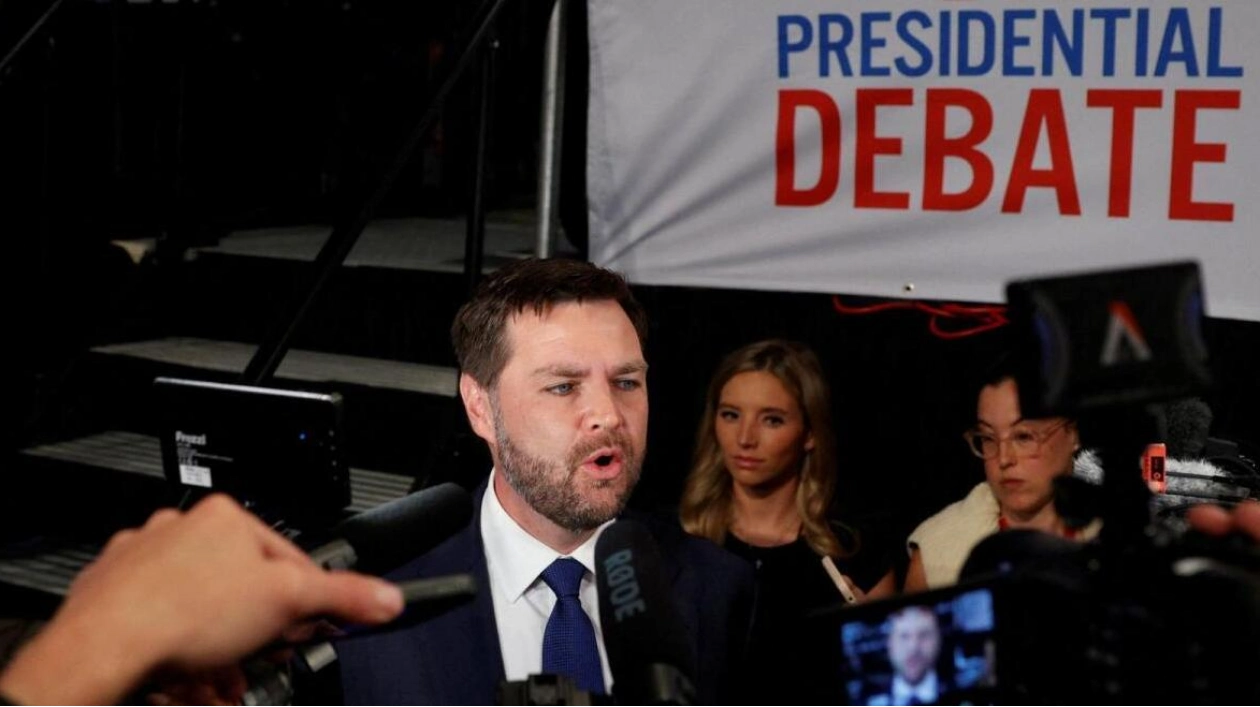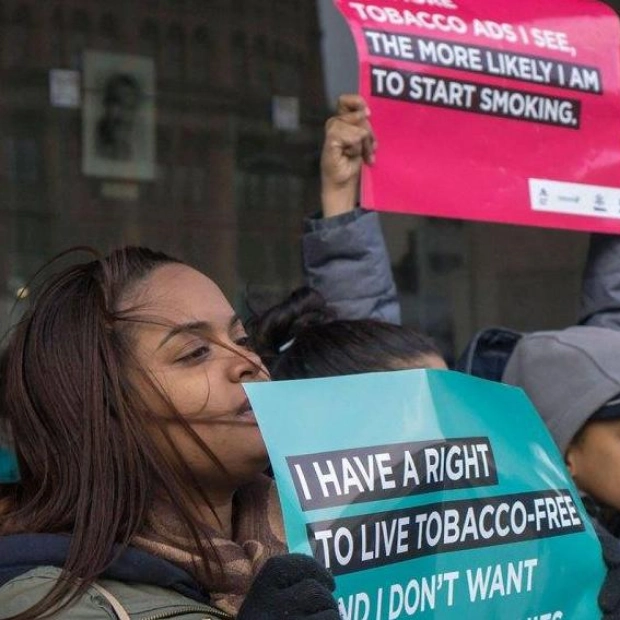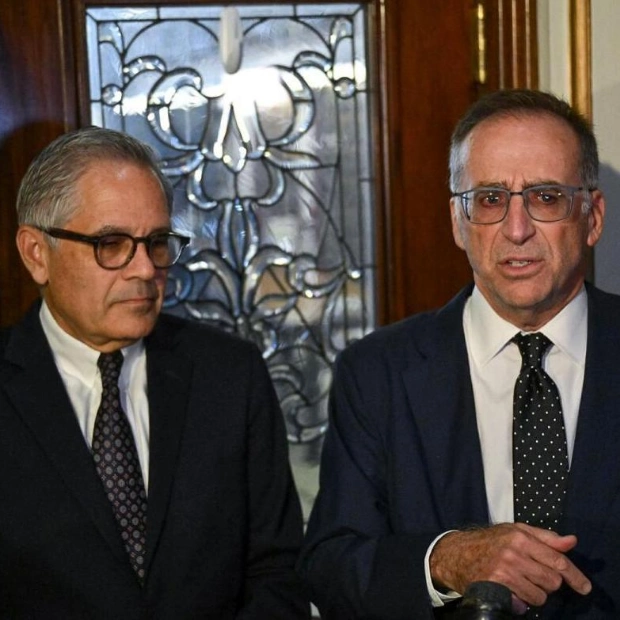In February, Europe's political and foreign policy elite directly heard Senator J.D. Vance express his opposition to providing military aid to Ukraine and his direct warning that Europe will have to depend less on the United States for continental defense. If Vance's remarks at the Munich Security Conference were initially alarming, the situation has escalated significantly with Republican Donald Trump selecting Vance as his vice-presidential running mate for the upcoming US election in November.
"His choice as a running mate is concerning for Europe," stated Ricarda Lang, co-leader of the German Green party, which is part of Chancellor Olaf Scholz's government. Lang participated in a panel discussion with Vance in Munich. This selection has heightened European fears that a Trump presidency could reduce or halt US support for Kyiv and push Ukraine into peace talks that could result in significant territorial losses to Russia and embolden President Vladimir Putin.
This concern was reinforced by a letter from Hungarian Prime Minister Viktor Orban to EU leaders, following his recent meeting with Trump. Orban, an ally of Trump, indicated that the former president would be prepared to act as a mediator immediately if he wins in November. Lang expressed on social media that Vance had clearly stated in Munich his and Trump's readiness to "hand over Ukraine to Putin."
At the Munich conference, Vance argued that Putin does not pose an existential threat to Europe and that the US and Europe cannot supply enough ammunition to defeat Russia in Ukraine. He suggested that US strategic interests are more focused on Asia and the Middle East. Vance has previously stated on a podcast with Trump ally Steve Bannon that he is indifferent to the outcome in Ukraine.
In Munich, Vance promoted a "negotiated peace" and believed Russia had reasons to participate in talks. This position contrasts sharply with the majority of European leaders who advocate for continued Western military support for Ukraine and see no indication of Putin's willingness for serious negotiations. Vance also opposed a US funding bill for Ukraine that was eventually approved in April, arguing in a New York Times op-ed that Kyiv and Washington should abandon Ukraine's goal of reclaiming its 1991 borders with Russia.
Nils Schmid, the foreign policy spokesperson for Scholz's Social Democrat party, observed Vance in Munich and concluded that the senator sees himself as Trump's spokesperson, taking an even more radical stance on Ukraine than Trump, advocating for an end to military support and displaying a more isolationist foreign policy approach.
However, some advised against hasty judgments about Vance, considering his humble origins in southern Ohio. Melinda Haring, a senior adviser for Razom for Ukraine, expressed hope that Vance, like Speaker Mike Johnson, would conclude that US support for Ukraine is essential. Diplomats also cautioned that the US election outcome is uncertain, urging against creating a self-fulfilling prophecy.
In Ukraine, politicians cautiously avoided openly criticizing Vance, mindful of potentially dealing with him as US vice-president. However, some admitted to concerns. Oleksiy Honcharenko, a member of the European Solidarity party, described Vance as "a very intelligent and cool-headed man" during their meeting in Munich. He emphasized the importance of maintaining the US-Ukraine alliance and demonstrating Ukraine's capability to support itself.
Maryan Zablotsky, a member of President Volodymyr Zelensky's party, argued that Russia harms US interests on multiple fronts and that any US politician pursuing an America First agenda would inevitably be unfavorable towards Russia.






